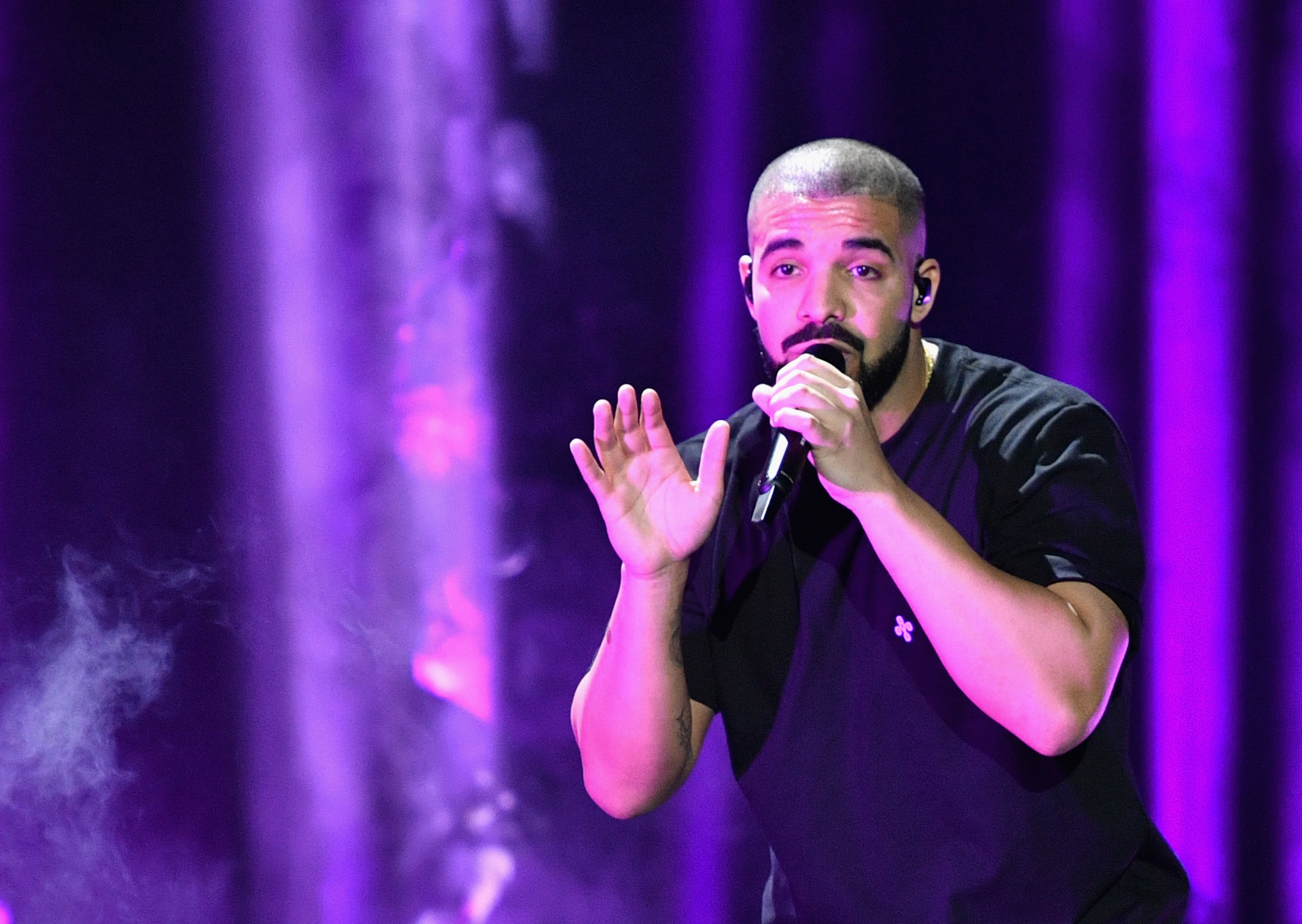On June 29, the day of its release, Drake’s fifth album, “Scorpion,” completely obliterated all previous first-day streaming records. The 25-track double album received almost twice as many streams as Post Malone’s “Beerbongs and Bentleys,” which formerly held the title of most streams within 24 hours of release.
What’s more, Spotify reported the album is being streamed 10 million times per hour — a pace that suggests “Scorpion’ is likely to become the first album to garner 1 billion streams in one week.
In addition to all the hype that naturally accompanies a Drake album release, rumors surrounding the project drew an increased level of attention to the tracks. Throughout the album, Drake responds to Pusha T’s accusations that he has a secret lovechild, confirming that Champagne Papi is, indeed, more than just a nickname.
“Scorpion” is an emotionally powered response to a variety of internet rumors, but throughout the album’s course, Drake’s identity as a father is clearly the pillar. In a diss-track that started a feud between the two rappers, Pusha T confronts Drake’s paternity with the lyrics “You are hiding a child, let that boy come home.”
Drake, however, quells the rumors in the final track of the album’s B-side, “March 14,” through a reference to Michael Jackson’s iconic song, “Billie Jean.” In the song, Drake raps, “She not my lover like Billie Jean, but the kid is mine.”
The mother of the child Drake references is Sophie Brussaux, a former French adult film star whom Drake confesses to have only visited twice before finding out about their child — “And all it took was one time / Shit, we only met two times, two times.”
Further into the track, Drake goes on to lament bringing a child up as a single father, referencing his own childhood. “Single father, I hate when I hear it / I used to challenge my parents on every album/ Now I’m embarrassed to tell ’em I ended up as a co-parent / Always promised the family unit / I wanted it to be different because I’ve been through it.”
In the fourth track of the album’s A-side, “Emotionless,” Drake also addresses why he “hid” his child from the public. “I wasn’t hidin’ my kid from the world / I was hidin’ the world from my kid / From empty souls who just wake up and looked to debate / Until you starin’ at your seed, you can never relate.”
Aside from the raw disclosure about his personal life and struggles, Drake also employs some shocking samples on tracks “Don’t Matter to Me” and “After Dark.”
From beyond the grave, Michael Jackson sings the hook of “Don’t Matter to Me” in a previously unreleased sampling rumored to have been produced around 1983, the time when Jackson collaborated with Paul Anka, the composer of the “Scorpion” album.
In “After Dark,” listeners can also hear the voice of the Grammy-winning songwriter Static Major, who died suddenly in 2008. Major’s widow confirmed the sample is, in fact, the voice of her late husband in an unreleased recording from before his death.
The surprises in “Scorpion,” paired with excellent sound and passionate delivery of heartfelt lyrics, comprise an album which undoubtedly lives up to large anticipation.
“Scorpion” itself is a monstrosity, and Drake uses its extended length — characteristic of a double album — to contribute various types of tracks likely to provide something for everyone, whether the Drake you prefer is the hard, angry 6 God or the smooth-talking rhythm and blues Drizzy.


















